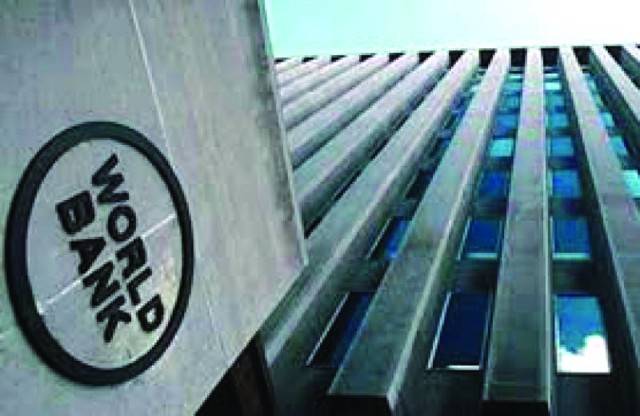
In another blow to Pakistan's economic prospects, the World Bank (WB) has postponed the disbursement of two loans worth $1.1 billion until the next fiscal year. The global lender of last resort has also opposed the imposition of a flood levy on imports, thereby inducing a new gap in an overambitious $32 billion annual financing plan.
The WB’s decisions to withhold approval of the second Resilient Institutions for Sustainable Economy (RISE-II) loan worth $450 million, and the second Program for Affordable Energy (PACE-II) worth $600 million, will be a dose of bad news for the government.
“The indicative date for (World Bank) Board discussion of the RISE-II project is fiscal year 2024, which will start on July 1, 2023 and end on June 30, 2024,” a spokesperson from the World Bank confirmed. The WB’s official documents also stated that the PACE-II loan could also be approved in the coming fiscal year. The WB spokesperson added that “preparation of the RISE-II operation is underway and the World Bank is working closely with the government toward the implementation of supported reforms”.
The government hoped to receive the approval for at least $450 million loan in January, which would have unlocked another $450 million from the Asian Infrastructure Investment Bank (AIIB) who had conditioned a $450 million loan with the approval of the WB’s RISE-II.
The PDM coalition government was already struggling to revive the International Monetary Fund (IMF) programme, as the WB’s latest decision creates an additional gap of $1.5 billion in the government’s annual financing plan.
Just before the IMF bailout package was revived in August 2022, the WB had agreed to enhance its lending to cover a $300 million deficiency. This support, however, seems to have been foregone due to lack of timely and effective decision-making from the federal government.
For the current fiscal year, the government had hoped to receive $30-$32 billion in foreign financing, including loans worth $2.9 billion from the WB, but these plans now appear highly unrealistic.
The WB’s decisions to withhold approval of the second Resilient Institutions for Sustainable Economy (RISE-II) loan worth $450 million, and the second Program for Affordable Energy (PACE-II) worth $600 million, will be a dose of bad news for the government.
“The indicative date for (World Bank) Board discussion of the RISE-II project is fiscal year 2024, which will start on July 1, 2023 and end on June 30, 2024,” a spokesperson from the World Bank confirmed. The WB’s official documents also stated that the PACE-II loan could also be approved in the coming fiscal year. The WB spokesperson added that “preparation of the RISE-II operation is underway and the World Bank is working closely with the government toward the implementation of supported reforms”.
The government hoped to receive the approval for at least $450 million loan in January, which would have unlocked another $450 million from the Asian Infrastructure Investment Bank (AIIB) who had conditioned a $450 million loan with the approval of the WB’s RISE-II.
The PDM coalition government was already struggling to revive the International Monetary Fund (IMF) programme, as the WB’s latest decision creates an additional gap of $1.5 billion in the government’s annual financing plan.
Just before the IMF bailout package was revived in August 2022, the WB had agreed to enhance its lending to cover a $300 million deficiency. This support, however, seems to have been foregone due to lack of timely and effective decision-making from the federal government.
For the current fiscal year, the government had hoped to receive $30-$32 billion in foreign financing, including loans worth $2.9 billion from the WB, but these plans now appear highly unrealistic.

